‘Crossing the line’ with King Neptune, at ‘Null Island’
Back in 2013, I was involved in a big multinational project with Dutch, US, and Spanish Marines to sail from the Netherlands to West Africa and visit a number of countries to work with their militaries on contemporary skills, over a number of months.
Visiting Morocco, Senegal, Benin, Nigeria, Ghana, and Cameroon, we spent weeks learning how to work in the humidity and difficulties of the jungle, on sand, and in complex, temperate environments. As a young Royal Marines Commando officer, it was lots of work, late nights, but bags of fun.
One of the standout things for me, was being part of very special ceremony, at a very special place, on a very special day.
A small sample of our 4-month long multinational project to West Africa (credit: Royal Navy embedded photographer used under CC BY-NC 4.0)
Crossing the line
The ‘Crossing the Line’ ceremony is a traditional initiation rite that is held when a ship crosses the Equator. It is a time-honoured naval tradition that has been observed by many navies around the world, including the Royal Navy.
As relative newbies to the maritime environment, we had to pay our dues to Neptune in order to get safe passage for the rest of our trip. During the ceremony, all sailors who have not previously crossed the Equator, are initiated into the "Order of the Shellback" by seasoned sailors who have crossed the Equator before. The ceremony typically involves a series of hilarious rituals, designed to induct the new initiates into a class of experienced ocean goers.
Generally, these rituals can include things like crawling through grease, kissing fish, getting dunked in the grimy, fishy wastewater from the kitchens, and taking part in mock trials in Neptune’s court. The ceremony is intended to foster a sense of camaraderie among the ship's crew and to commemorate the crossing of the Equator, which is a significant milestone in any naval voyage.
You also get given a sailor name by Neptune, mine became ‘Loodsmannetje’, which translates into ‘Pilot fish’. My sea-life knowledge isn’t vast however, I found out they’re often found swimming in close proximity to sharks, rays, and other large marine animals, and also sometimes used as a metaphor for someone who accompanies or follows another person closely, particularly a leader or prominent figure (understandable given I was the second-in-command for our unit) (4).
Whilst it sounds odd to enjoy bathing in fish guts and participating in these funny rituals, I like the fact that the Royal Navy (and Royal Marines whenever they’re onboard) has a long and rich tradition of observing the Crossing the Line ceremony, but the date is what made it extra special: the 28th of October was the Royal Marines’ 349th birthday, combining both of these important parts of naval culture, even more special.
Finding ‘Null Island’ (aka ‘the most real of fictional places’)
What made this crossing the line ceremony special was its location: "Null Island”.
In case it wasn’t already obvious, ‘Null Island’ is a fictional island that is located at the intersection of the Equator and the Prime Meridian, which is the point on the earth's surface where latitude and longitude are both 0 degrees (0°N 0°E in the WGS84 (World Geodetic System 1984) geographic coordinate system).
Interestingly, the term was coined by cartographers and geographers to provide a placeholder for data that is missing or incorrect (1). If a mapping system cannot determine the correct location of a data point, it may assign it to Null Island as a default location, but apparently people also record their fitness activities on Strava there!
While Null Island is not a real place, it has become a popular reference in the world of mapping and geography. It is often used in jokes and humour related to cartography, and some map enthusiasts even create fictional maps of the island and its supposed inhabitants, although all I saw at the time was a flight deck full of messy, happy, and laughing people in fancy dress!
References:

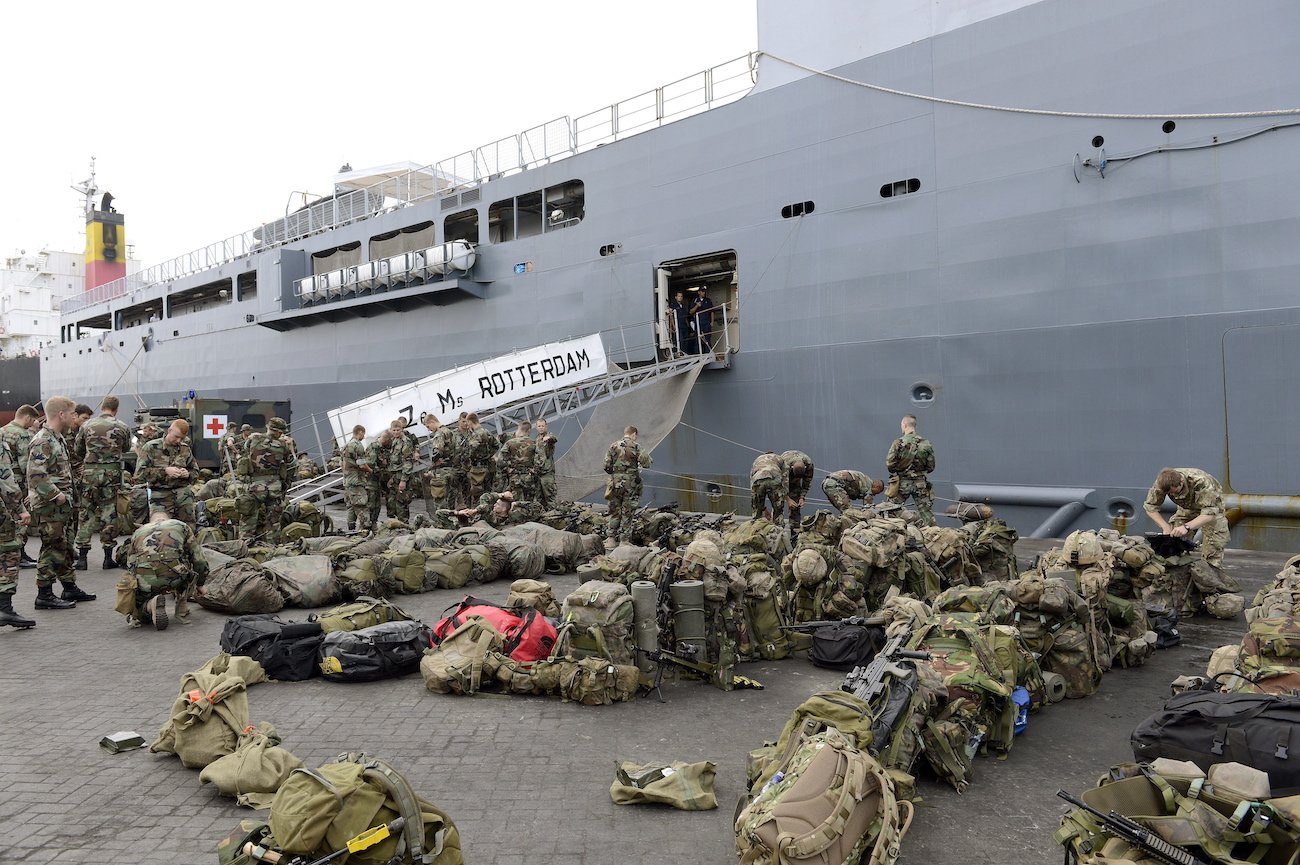
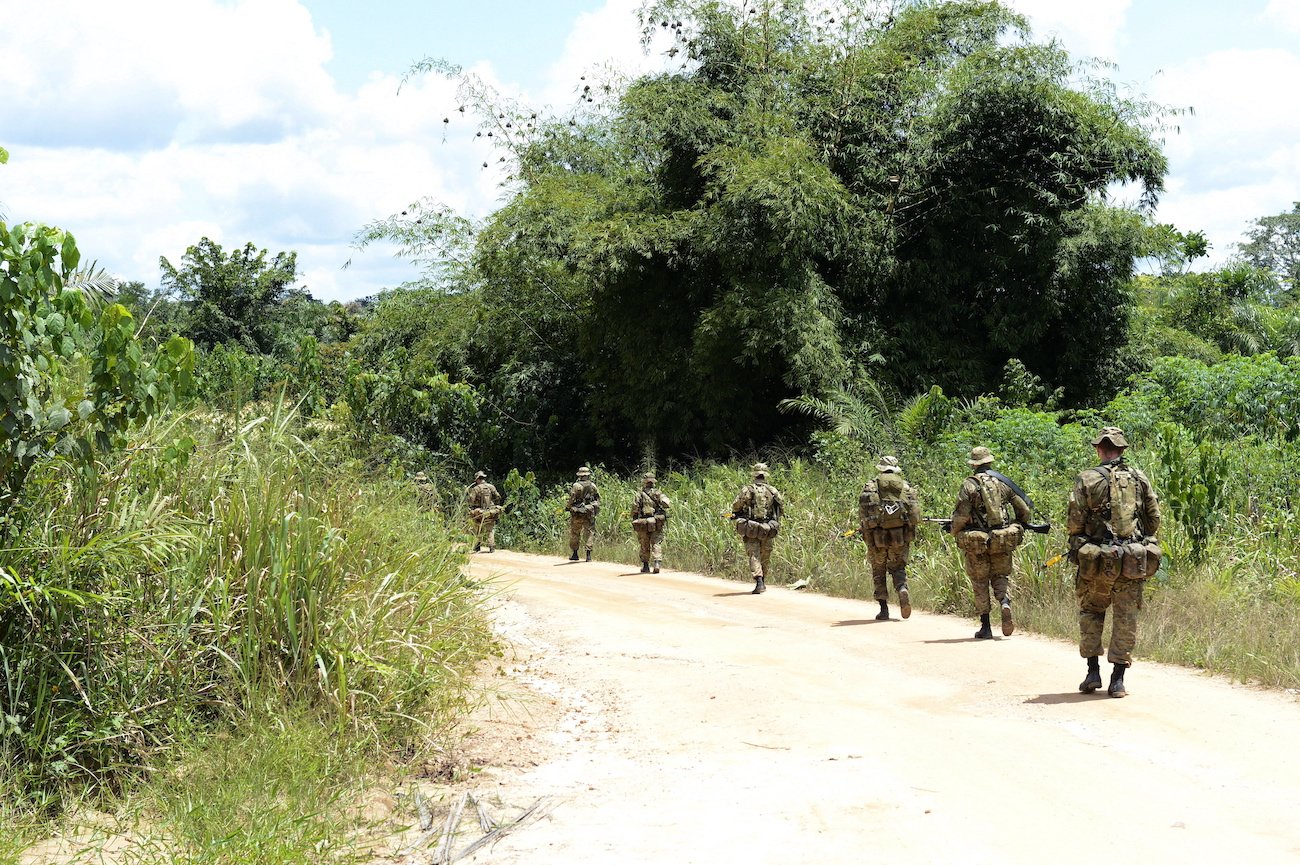
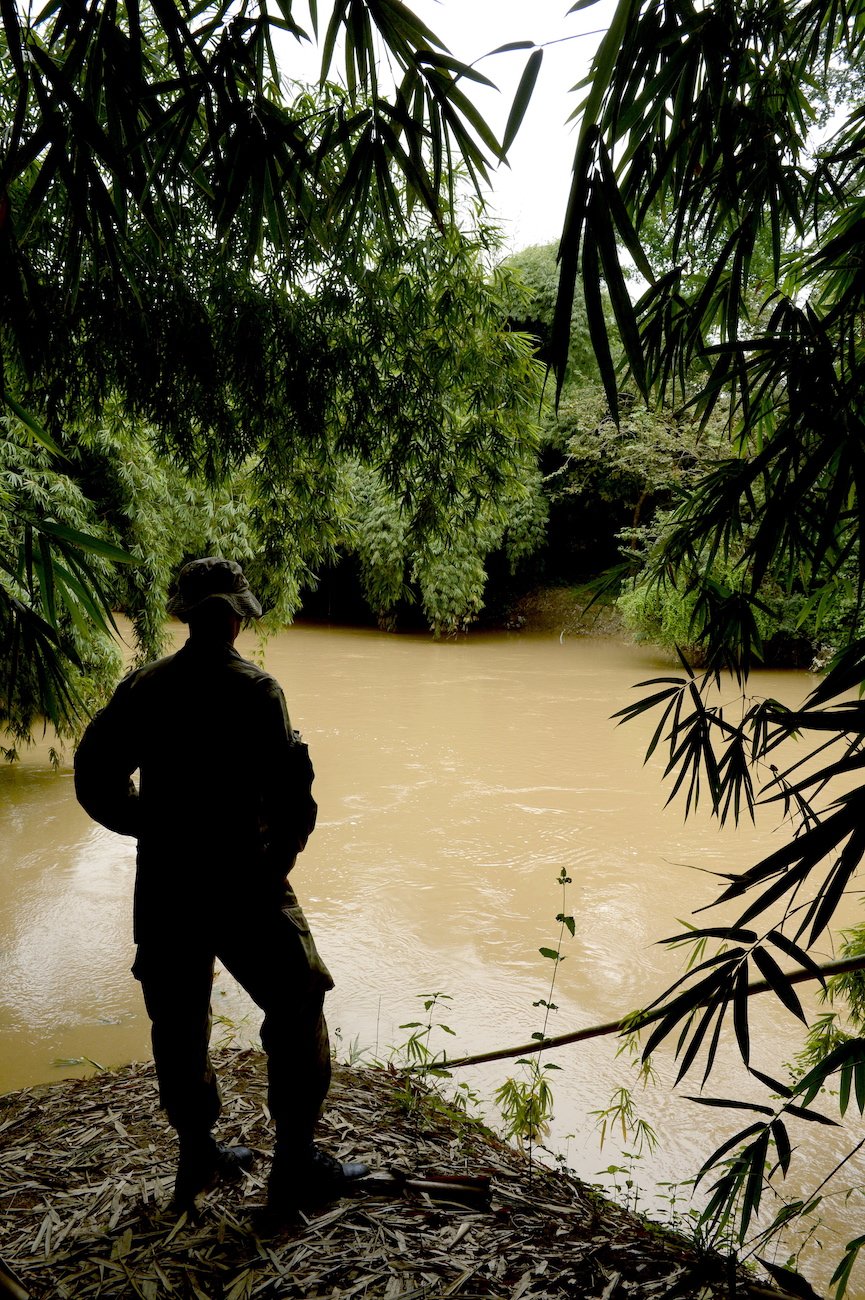
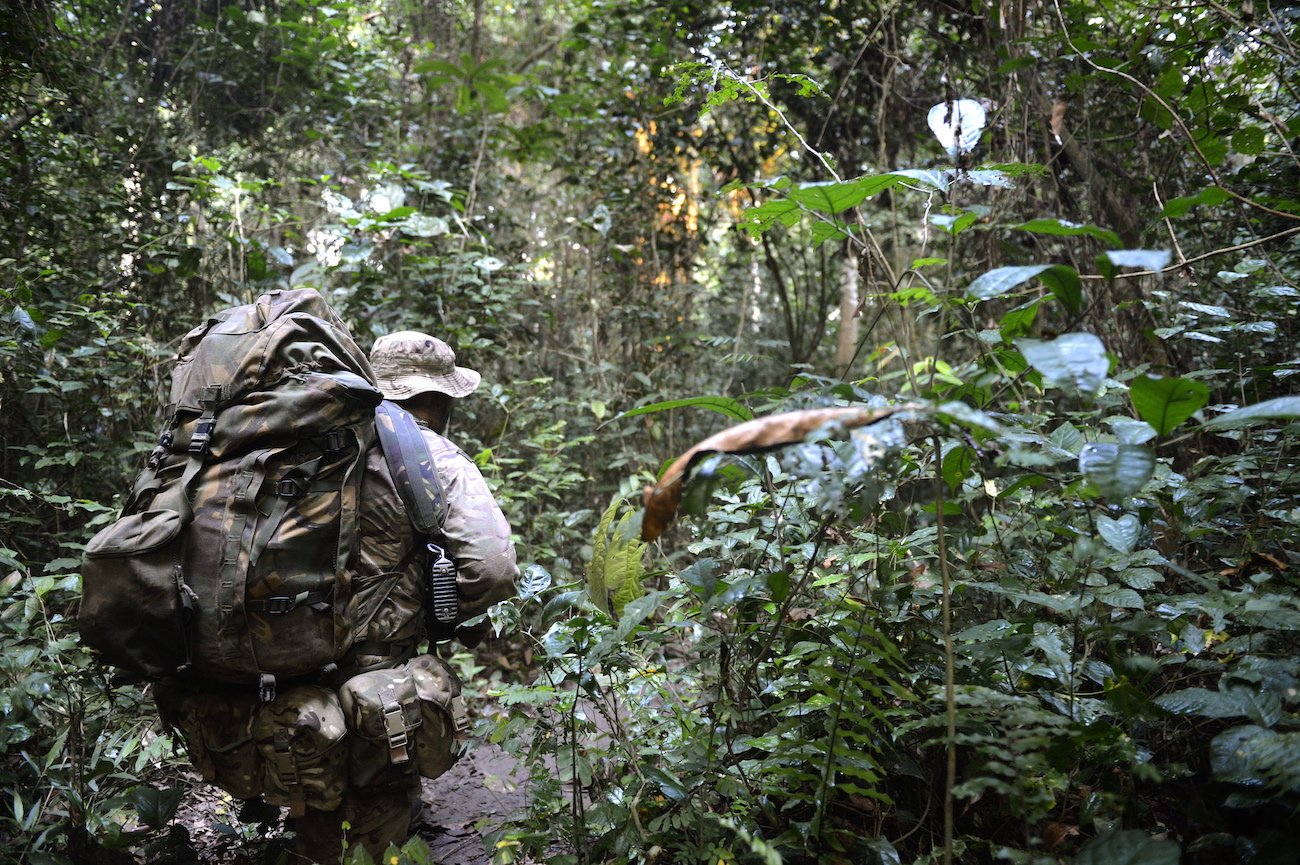
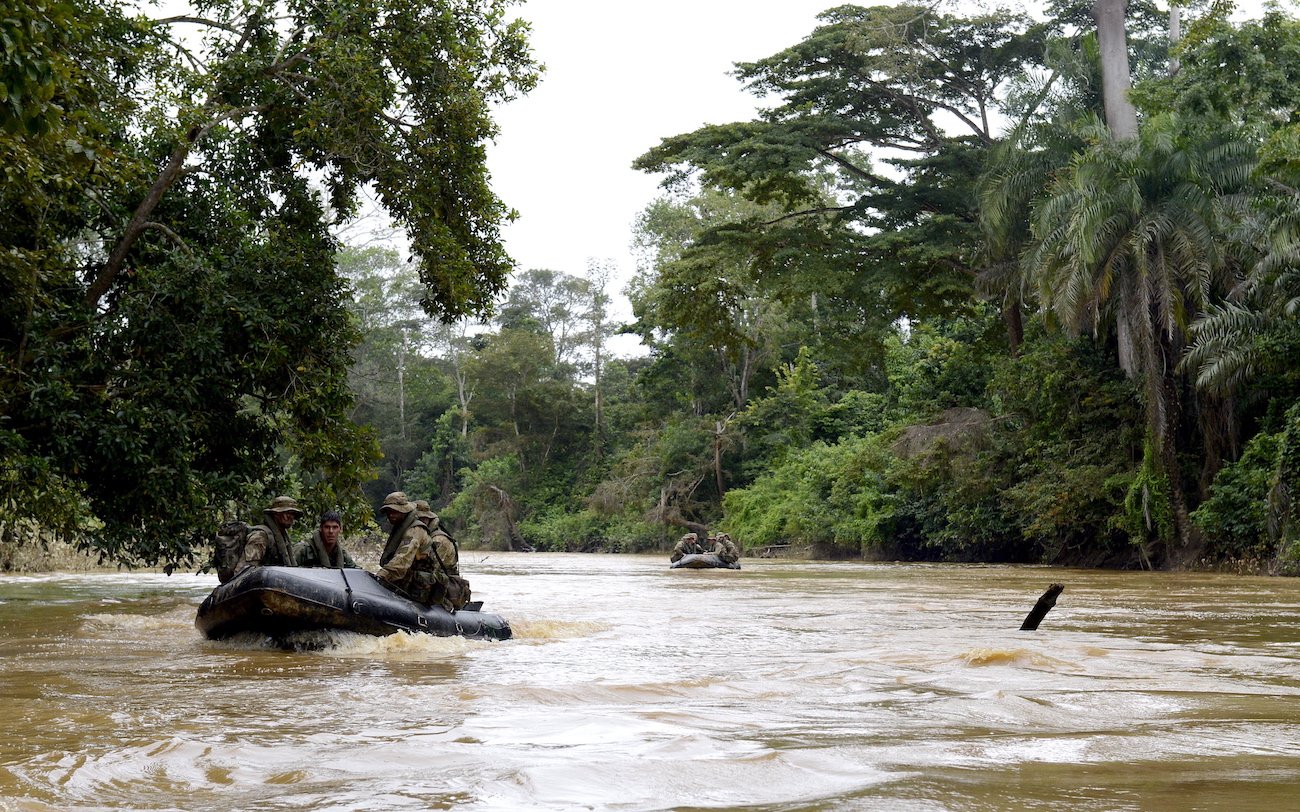
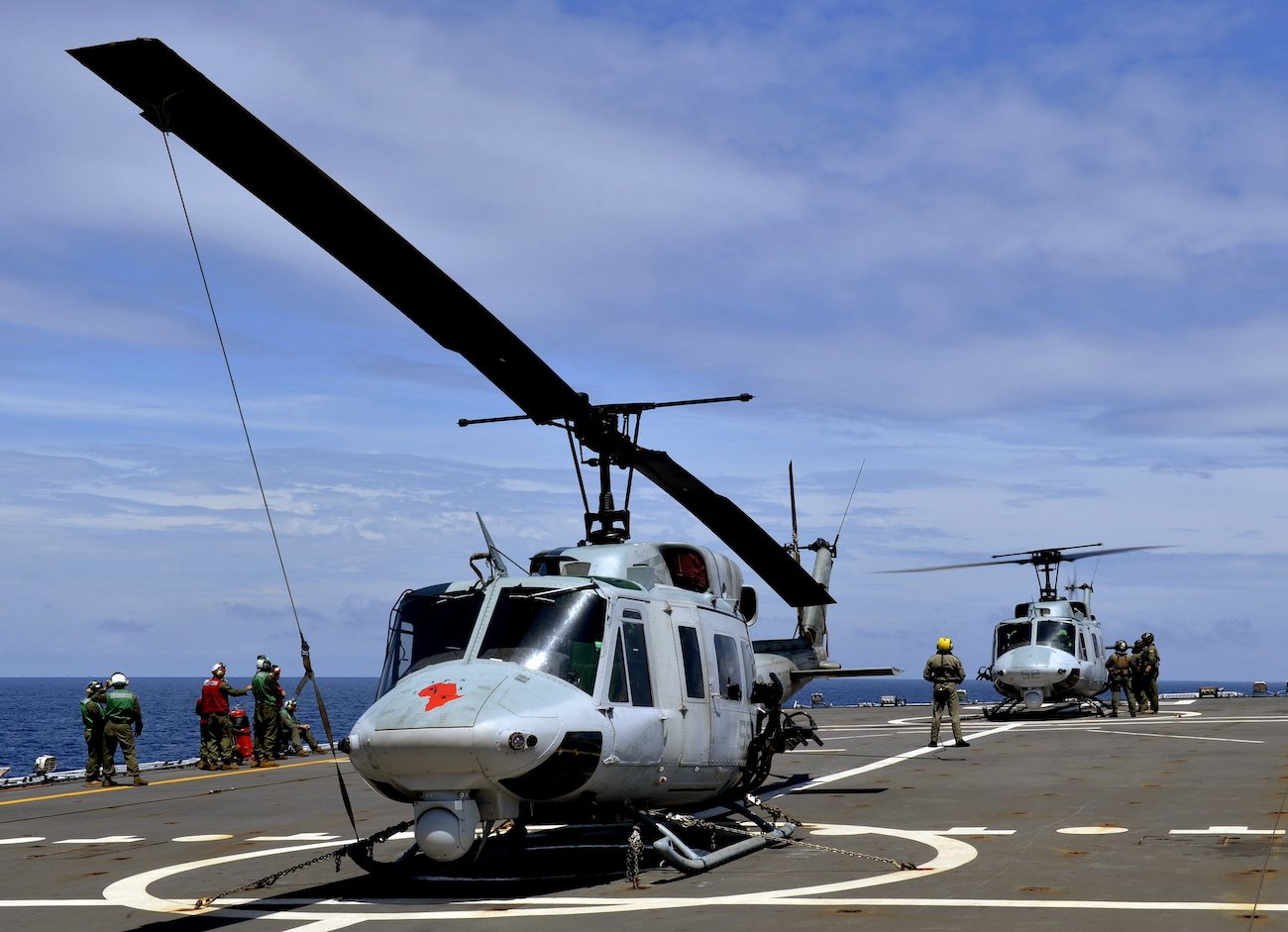
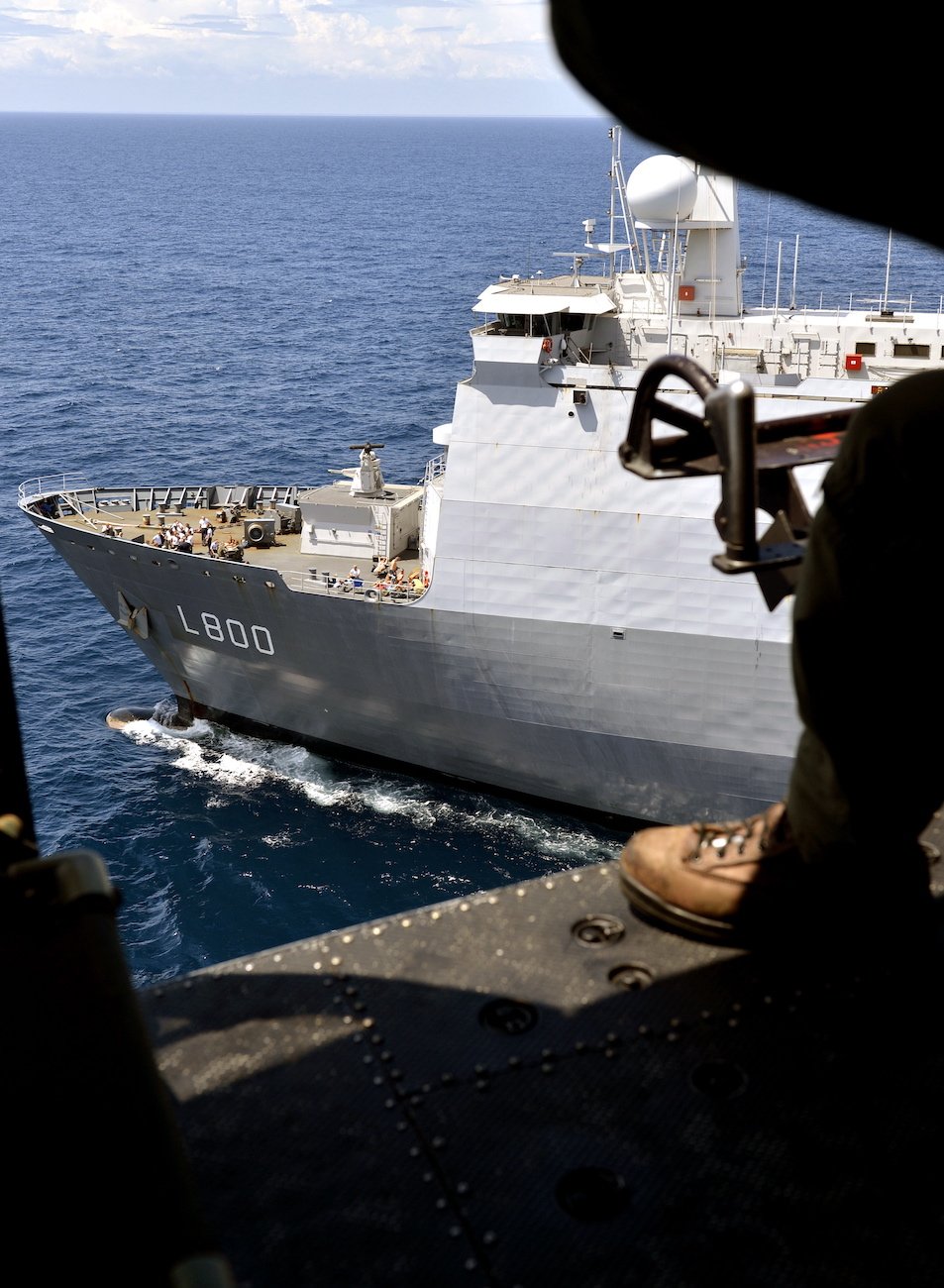
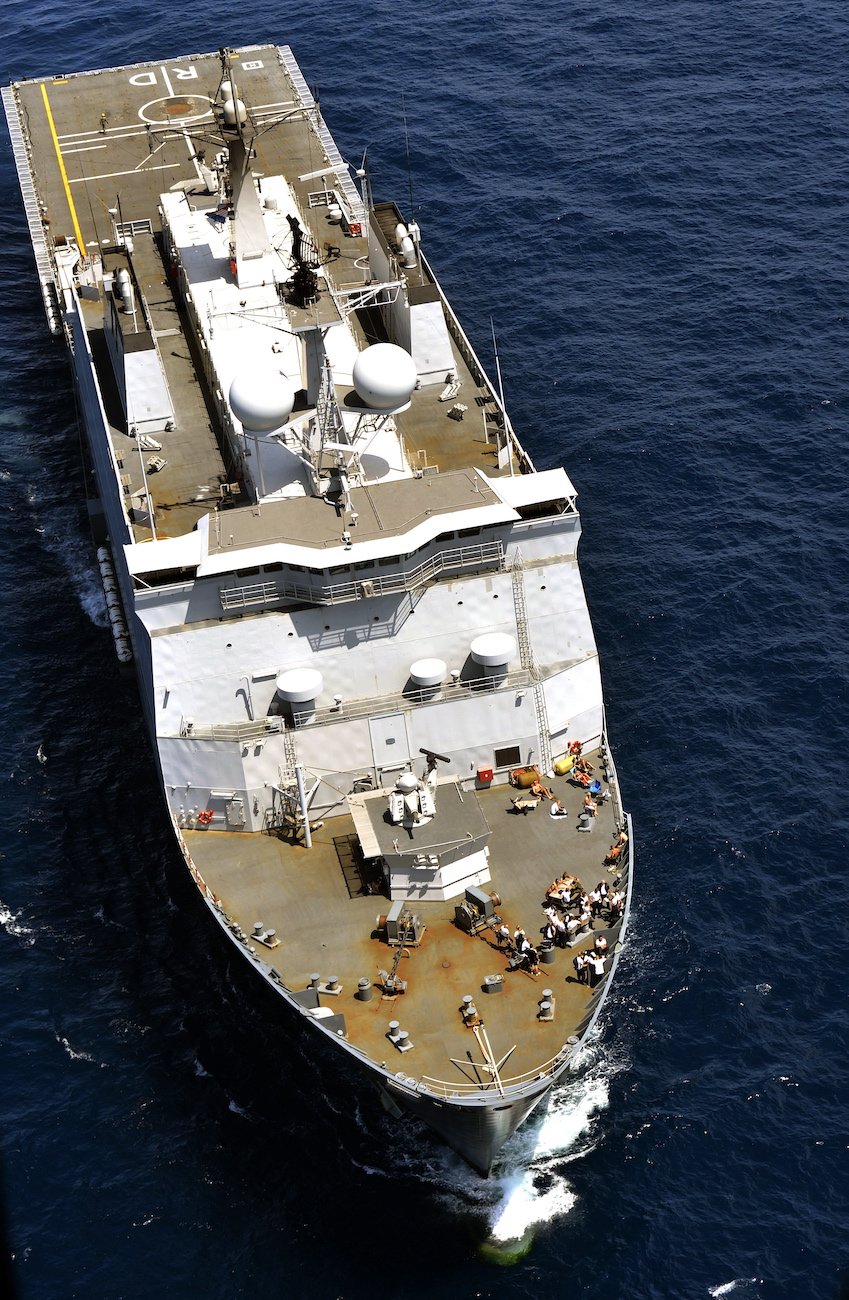




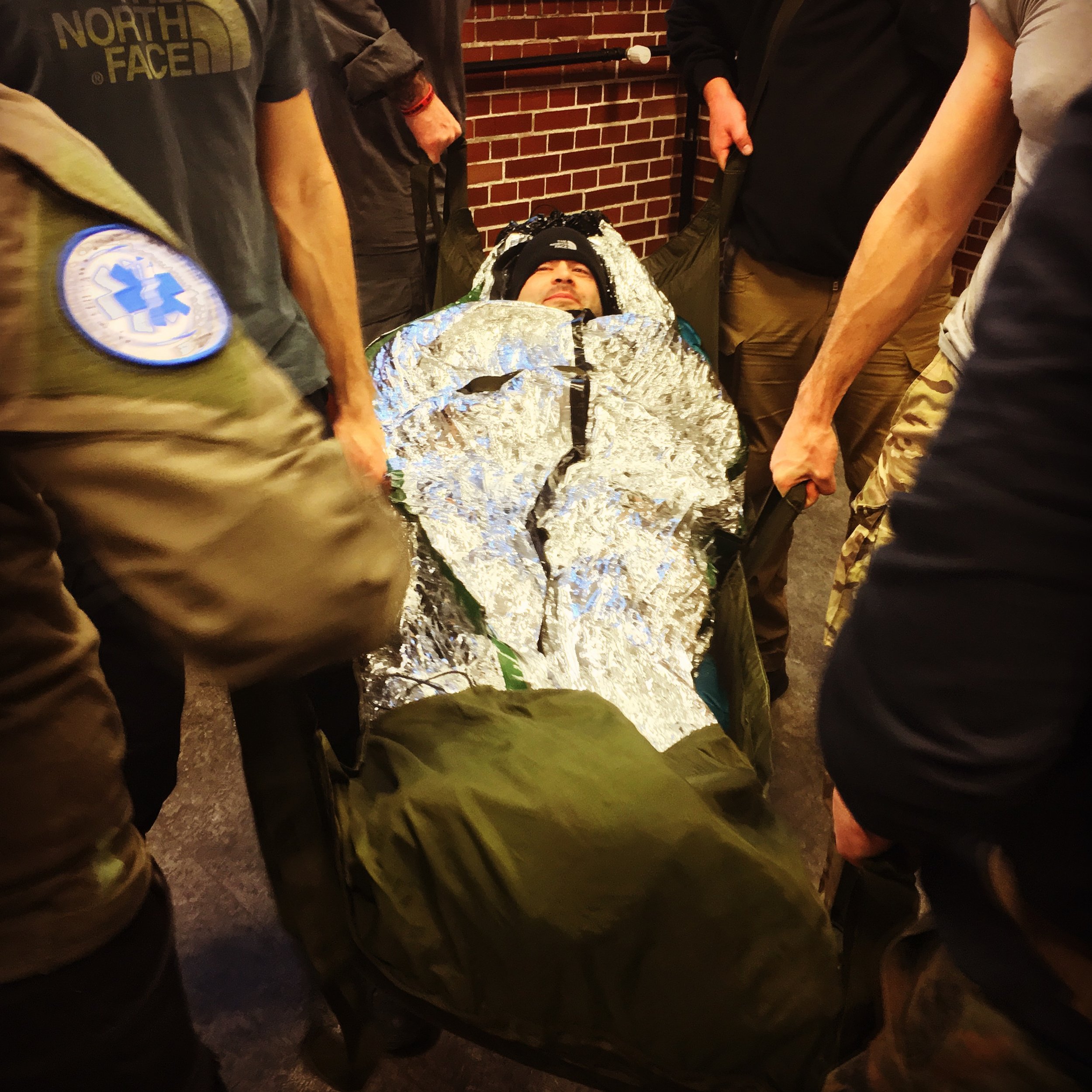
If you’re seriously considering a year as a digital nomad, whether that’s to explore the world, setup a virtual business, or both, I strongly urge you to put Estonia at the top of your list for all the reasons I mention below – however don’t be surprised if you don’t want to return back to your country of origin at the end of it!
Secondly, I make no apologies for being so enthusiastic about the place, I’ve travelled in over 60 countries across the world and feel like I’ve found somewhere that is truly remarkable for many good reasons that people aren’t yet aware of.